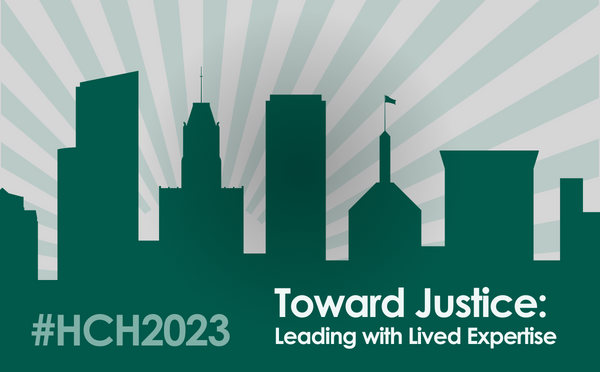SF Managed Alcohol Program’s Aim to Serve the Latinx Population with Severe AUD (Poster Session)
Alcohol related mortality is increasing nationally. Latinx individuals experience worse alcohol- related health complications and mortality, face greater criminalization, and have limited access to treatment. In San Francisco, 26% of individuals with AUD receiving care within the behavioral health system identify as Latinx despite only comprising 15% of the overall population. Alcohol-attributable premature mortality ranks […]




